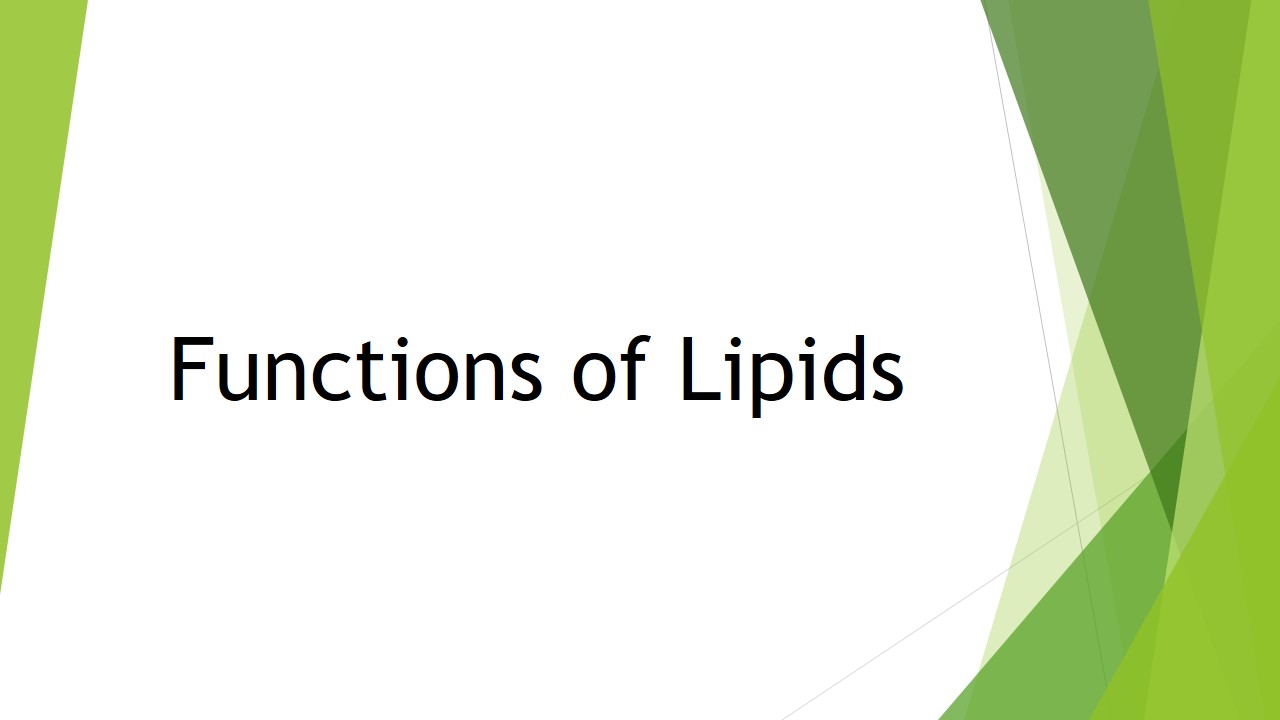
What Is A Function Of A Lipid. Functions of Lipids. Lipids serve a variety of important functions in living organisms. Biosynthesis another key function of the body is made possible by lipids. Major lipid groups include fats phospholipids steroids and waxes.
What is Lipid and its function. They act as chemical messengers serve as valuable energy sources provide insulation and are the main components of membranes. They include fats waxes oils hormones and certain components of membranes and function as energy-storage molecules and chemical messengers. A lipid is any of various organic compounds that are insoluble in water. Lipids are a group of macromolecules that have a lot of functions including storing energy signaling between cells and forming the cell membrane. Lipids are not soluble in water making them especially important in cell function.
Lipids are a group of macromolecules that have a lot of functions including storing energy signaling between cells and forming the cell membrane.
Lipids regulate membrane permeability. Some of the functions of lipids are as follows. Vitamin A is vital for your immune system and vision as well as reproduction. More specifically in the brain lipids are focal to brain activity in structure and in function. Lipids are a group of macromolecules that have a lot of functions including storing energy signaling between cells and forming the cell membrane. Vitamin D aids in immune health and bone strength.